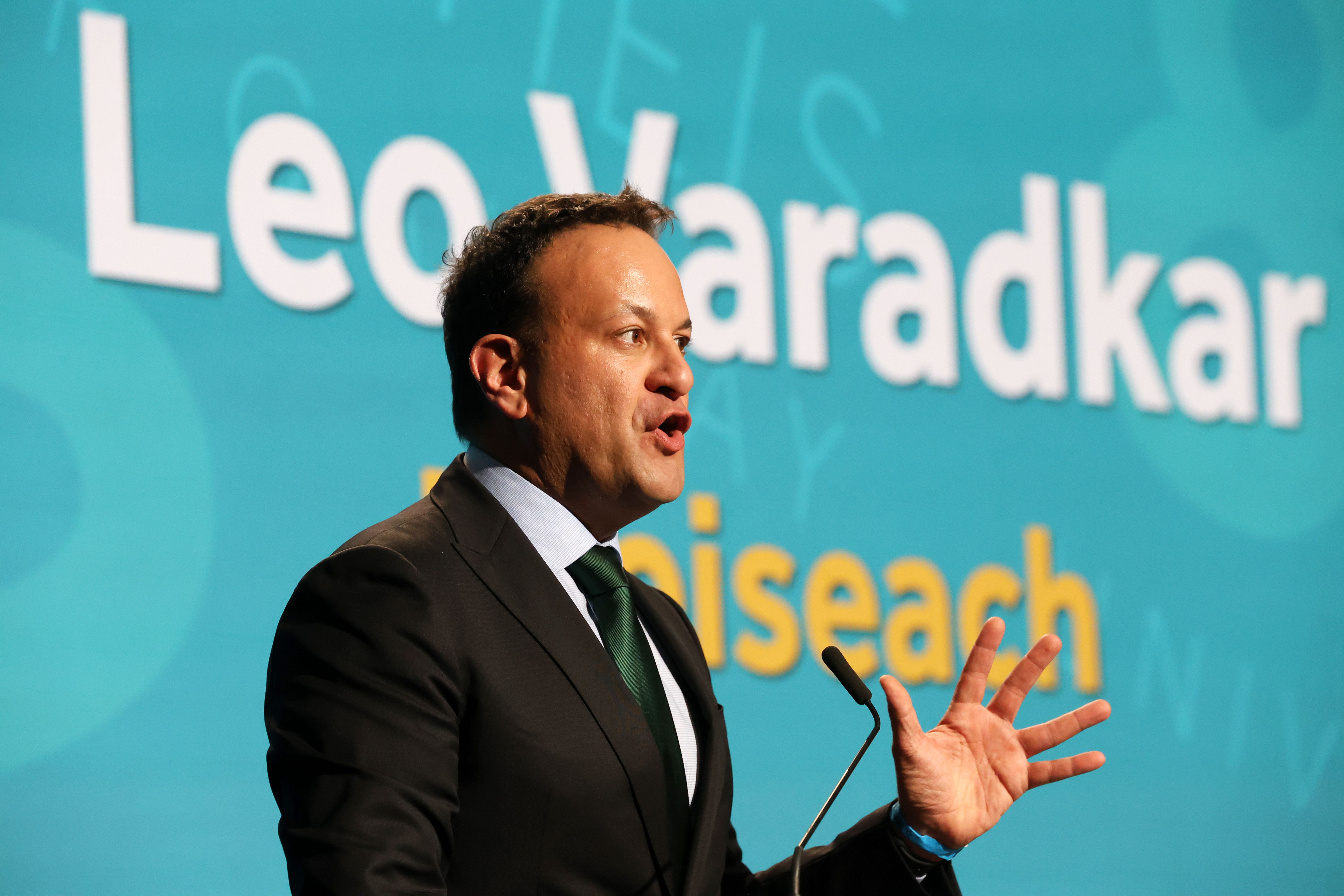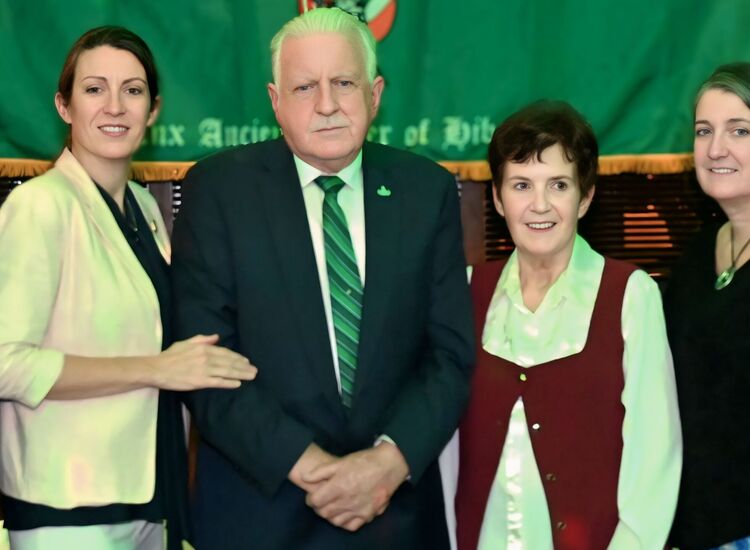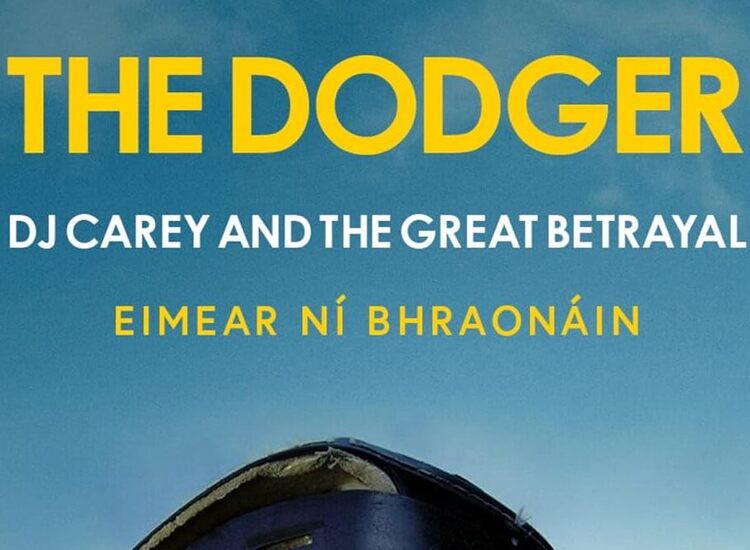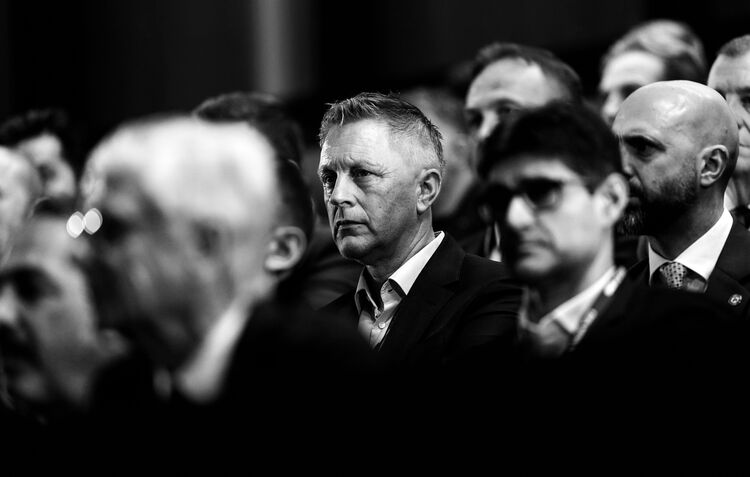IRISH Unity is the big idea that will positively transform society on this island. Its popularity is growing and the economic, political and social arguments in support of it are advancing each day. The recent interventions by former Taoiseach Leo Varadkar are an example of this. In June at the Ireland’s Future event in Belfast he said that the goal of a united Ireland had to be more than a “political aspiration.” It needed to become a “political objective”.
Two weeks ago he addressed students in Derry where he spoke of the need for all political parties to include within their election manifestos, as a clear objective, a definitive commitment to Irish Unity. Leo Varadkar also proposed the establishment of a body, similar to the New Ireland Forum of 1983, at which future constitutional arrangements can discussed and agreed.
Mr Varadkar’s very welcome remarks reflect the views of many others, including the SDLP, the civic group Ireland’s Future, many academics and economists, Sinn Féin and the Oireachtas Good Friday Agreement Committee, who have all called for unity referendums and in particular the need for the Irish government to begin the process of planning and preparation. All have stressed the importance of establishing a citizens’ assembly or assemblies or convention to encourage the widest public debate on future constitutional arrangements.
Mr Varadkar’s suggestion that a two-stage referendum process – first voting in principle for constitutional change and then voting for the new governance structures agreed through negotiations – is worth reflecting on. Obviously citizens will vote in a referendum under the terms of the Good Friday Agreement to retain or end the union. There is then another process to put in place the type of Ireland that would be established if the referendum to end the union is won.
Mary Lou McDonald says Leo Varadkar has “found his inner Shinner” following his comments in the Irish Times today suggesting that all parties must include pledges in their election manifestos on Irish unity pic.twitter.com/vu039xCB8x
— Louise Burne (@louiseburne_) September 26, 2024
The centrality of dialogue and the imperative of commencing a process of preparation has been at the heart of the discussion on unity going back many years. In July the Oireachtas Joint Committee on the implementation of the Good Friday Agreement published a landmark report on unity. The Committee represents all of the major parties in Leinster House, as well as independent voices. It called for a whole of government approach, led by the Department of the Taoiseach, and involving all government departments and state agencies examining the implications of constitutional change. The Joint Committee further recommended that a government Green Paper should be published setting out a vision for a united Ireland. Critically, it called for the Irish government to begin immediately planning for a referendum on constitutional change. In its conclusion it states: “Preparation for referenda on Irish unification will be a historic task. The Committee calls for preparation to begin immediately.”
The contributions on Irish unity by Mr Varadkar are important. They did not happen in isolation from what is an expanding debate and will hopefully encourage others within Fine Gael and beyond who may still be reluctant to speak out positively on this issue. There are obviously no insurmountable barriers to unity. Fundamental demographic shifts, all-island economic growth and electoral changes are all having their impact. The historic task for all of us who believe in unity is to build a consensus on the kind of new Ireland we want to have. Ending the union and replacing partition with a new democratic dispensation is now a doable project.
The world has its say on Israel
AT the weekend millions of people across the world took to the streets in solidarity with the people of Palestine and of Lebanon. The decision by the governments of the USA, Germany, Britain and the EU to back Israel has unleashed a vicious war on the Middle East. Monday marked one year since the October 7 attack by Hamas. The nature of that attack was and remains unacceptable. But the viciousness and brutality of the Israeli response has been unparalleled in modern times.
Israel and its allies have torn up international law, carried out and support actions that have resulted in the deaths of thousands of people – many of them children. Starvation, disease, the bombing of schools and mosques and hospitals, the invasion of Lebanon – a neighboring sovereign state – the systematic assassination of journalists and the use of genocide have all been normalized as weapons of war by Israel and its western allies.
DEVASTATION: Large areas of Beirut have been flattened by Israel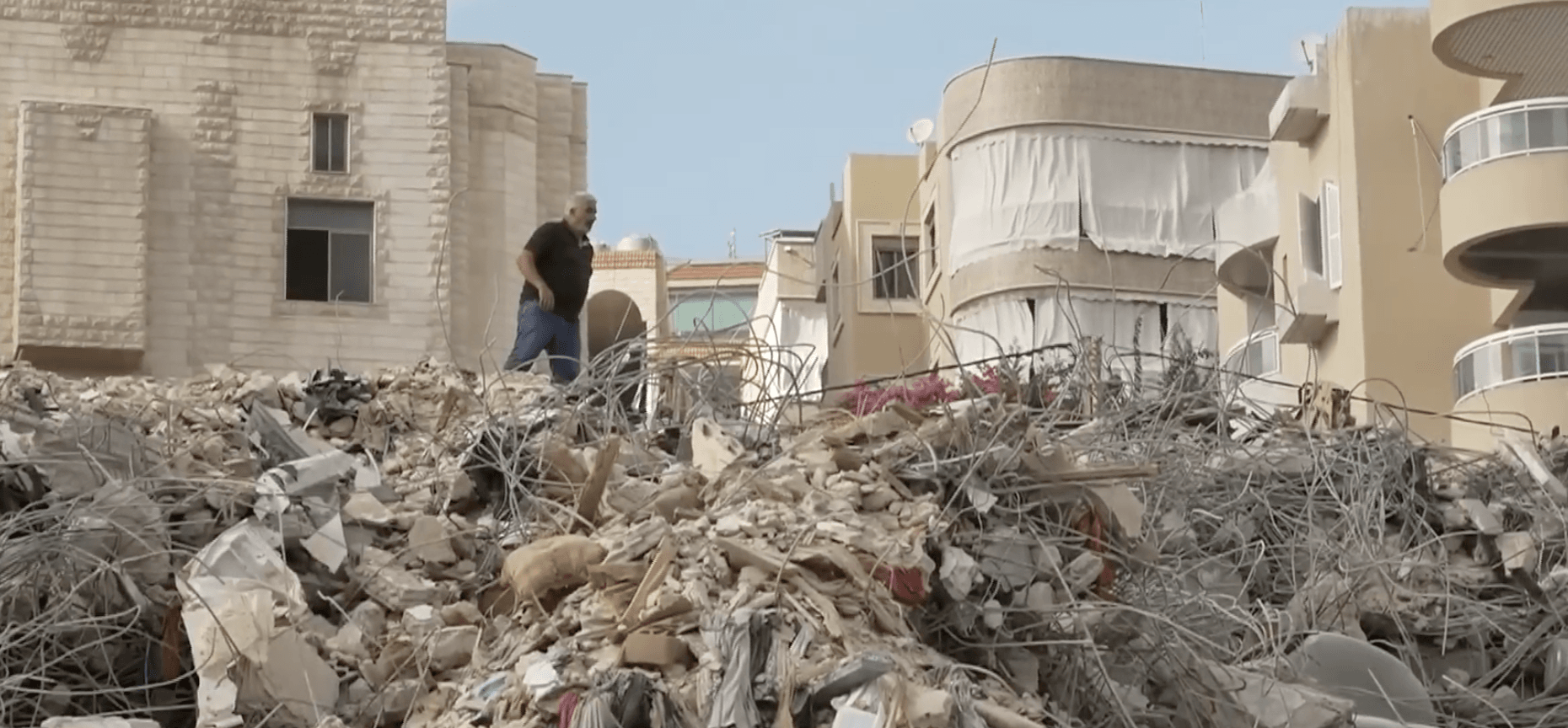
The people of Beirut, of Gaza and the West Bank are the terrified victims. The UN Secretary General. António Guterres, has been banned from Israel by the apartheid regime. The governments of the USA, Germany, Britain the EU and other backers of Israel are as guilty of genocide as is Netanyahu and his regime. Can any of them tell us how this is all going to end? That is if they really want to end it?
And as the situation worsens, hostages and Palestinian prisoners are still held and bombs and missiles are now falling on parts of Israel.
The conflict in the Middle East didn’t begin one year ago. It is a consequence of western colonial ambitions in the region going back generations and the forced displacement of Palestinians from their homes and towns and villages in 1948. Israel is the aggressor and the Irish government – as its peacekeeping mission faces threats from Israeli military forces – must take a stand in support of peace and justice and human rights and impose the most stringent sanctions on Israel.
Trees are gifts in so many ways
THIS is the season for tree planting. That is, for planting bare root trees. Any month with an ‘R’ in it is the general rule for tree planters, though there is always a debate on whether planting should happen before or after the risk of frost. As an ad hoc tree planter who struggles to get free time, I think September or October are fairly safe even in these muddled climate-changing times. I try to plant native broad leaf species though some like beech or horse chestnut are here for so long that they are probably naturalised by now.
Still, there is something romantic about planting native ash and rowan, blackthorn and hazel, oak and birch, holly and alder. Native trees encourage native bugs and insects which sustain native wildlife, including native birds. The great circle of life.
Native trees also find themselves in our place names. Niall Mac Coiter’s excellent Ireland’s Trees gives a sense of place names derived from trees. For example, he cites Charles Nelson’s Trees of Ireland and the more than 1,600 townlands in Ireland containing doire or oakwood, which reflects how widespread oak forests once were.
There are numerous other examples. Of course, trees in ancient times were seen as sacred. Some of us still see them like this. In ancient times they were also part of our folklore. They still are. We are lucky that our folklore and culture are thriving.
Many people may think tree planting is beyond them. But growing trees from seeds is well within most of our capabilities. Trees come from seeds. And this is the season for gathering seeds. A walk through any woodland or park or nature reserve will soon provide generous harvests of hazelnuts, acorns, sycamores and chestnuts. I go for the easy and lazy option of simply planting these in pots or growbags and leaving them out in the open to their own devices. It never fails.
There are other processes of stratification, particularly for seeds contained in berries, but I rarely venture into these. When I do, the outcomes are always very rewarding.
ope, the lazy way works well for me. An added advantage is that when your first little shoots appear they can be transplanted to other pots and will grow contentedly for years for as long you upgrade your pot size in tune with their growth.
These make for great gifts. To mark the birth of a new baby or in memory of a loved one or a friend.
Or simply as a token of appreciation and acknowledgement. These are little individual initiatives that most of us can do.
There are also bigger collective reforestation projects always looking for volunteers. In this parish great work is being done in the Bog Meadows, Colin Glen and the Belfast Hills. I am sure there are other initiatives where you live. So get involved. Plant seeds for the future.

